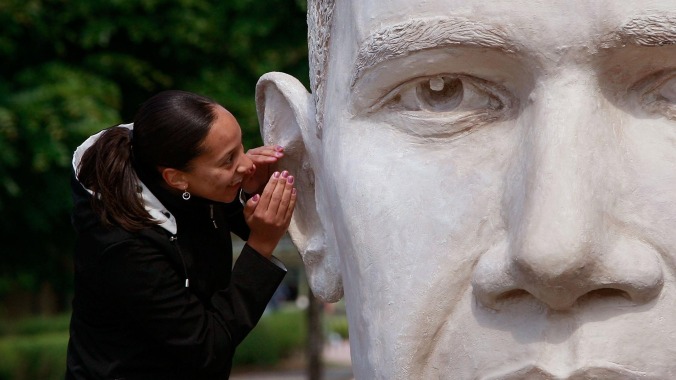The Daily Mail says she sold it as a “DIY needle-free ear acupuncture for anxiety, migraines, hormonal issues, insomnia, weight loss, and more,” and she received an investment offer from all six of the show’s “Dragons.” She ultimately accepted about $63,000 in exchange for a 10 percent stake in the company. But, after the episode aired, the BBC began to receive complaints from an advocacy group called Action For ME that argued that—even if nobody was literally saying “this product cures this condition”—the way it was presented heavily implied that that was the case. The complaints said that they were concerned that people would come away believing the “unfounded claim that this form of alternative medicine can cure ME.”
Now, after temporarily taking the episode offline, the BBC has re-edited the segment and re-released the episode with a disclaimer (or a “clarification,” as the BBC puts it) saying that “Acu Seeds are not intended as a cure for any medical condition and advice should always be sought from a qualified healthcare provider about any health concerns.” (In other words, don’t just put things in your ear.)
Initially, the BBC defended the product’s inclusion in the show, noting that Dragons’ Den is an “entertainment programme which features products created by entrepreneurs but is not an endorsement of them.” That’s fair, sure, but it’s also a cheap excuse when you’re the one putting the thing on TV and your panel of investor-judges all try to throw their money at it—which is possibly why the BBC still felt the need to put this clarification on the episode.
In conclusion, don’t put things in your ear unless a doctor tells you to, even if some woman on British television says that it was really good for her when she put a thing in her ear and even if that woman gets about $63,000 for designing a product that is supposed to go in your ear. We know you’re thinking about it now, and we know you want to do it, but don’t.

